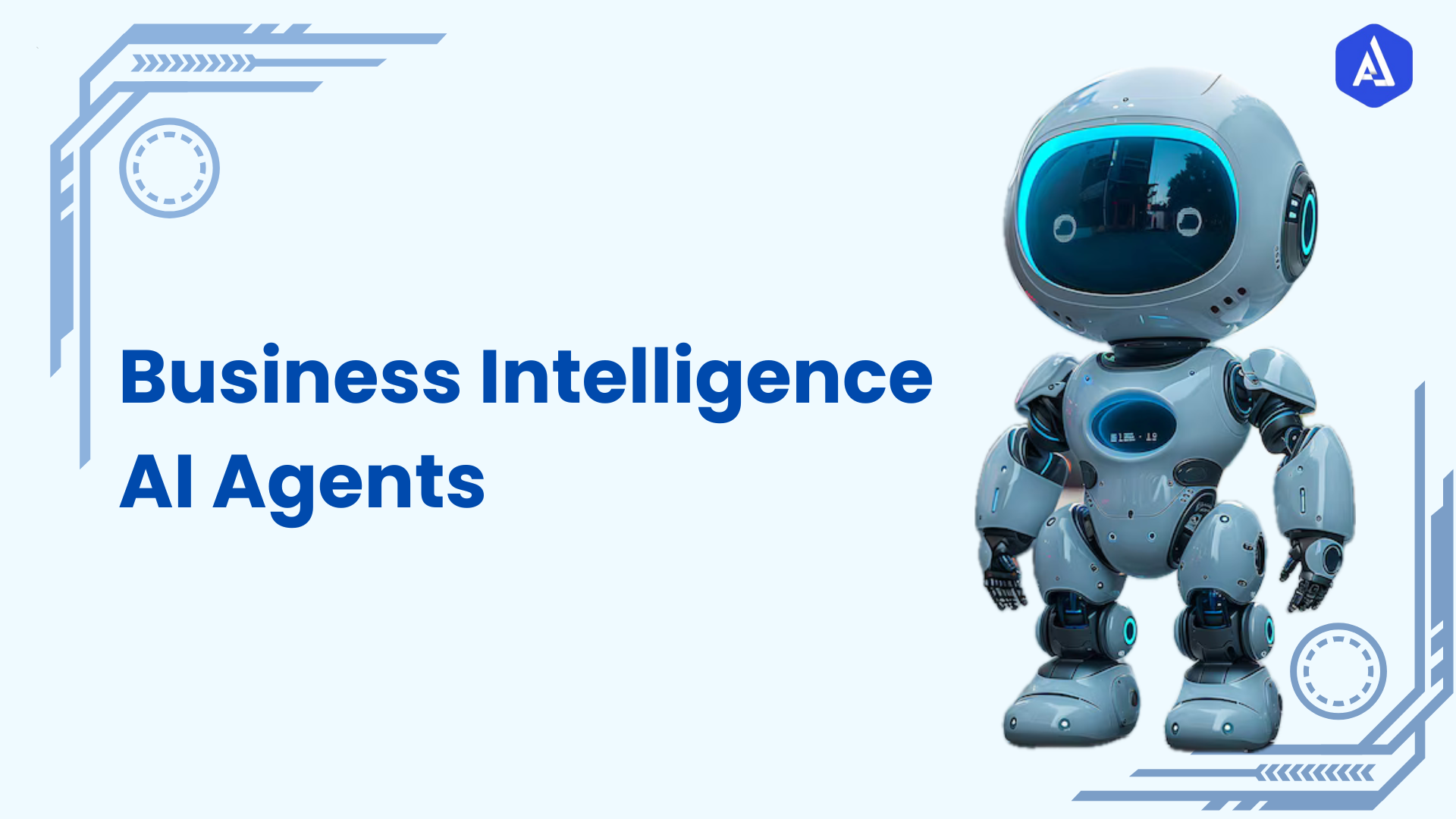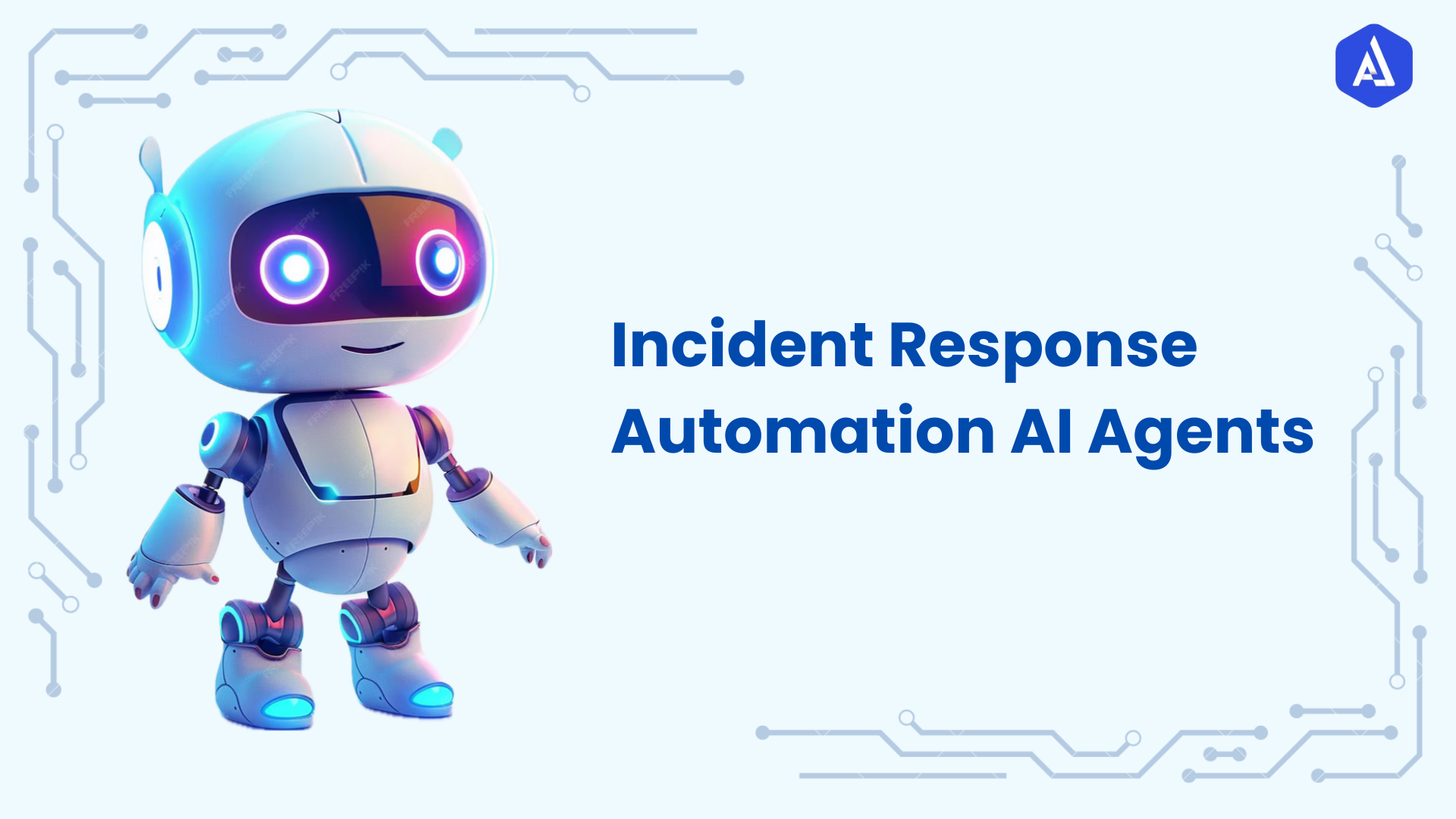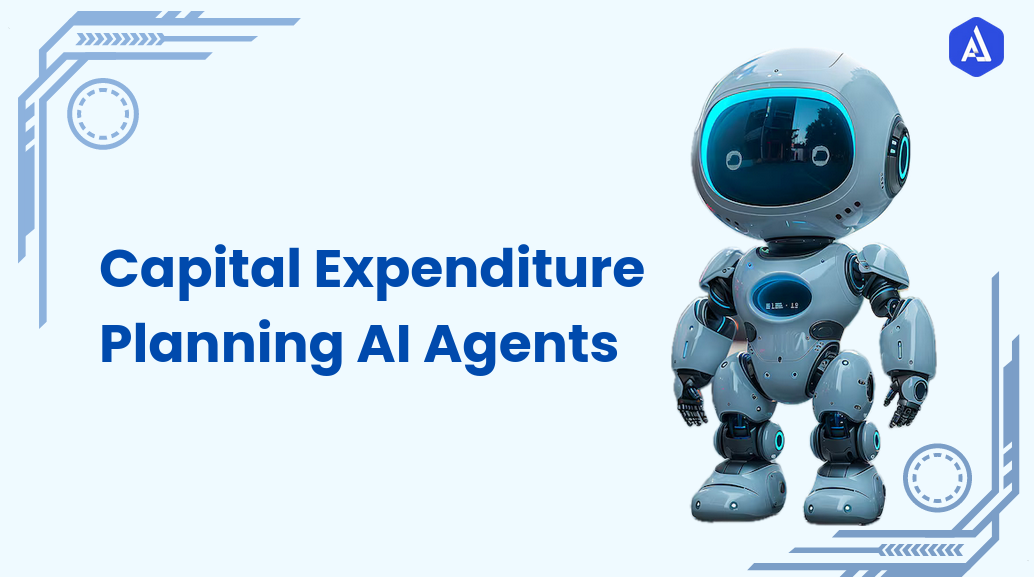Introduction
The Customer Experience Specialist AI Agent is a highly developed solution aimed at improving customers’ relations and performance. By adopting state-of-art artificial intelligence and natural language processing technologies, the agent makes customers’ support personalized and consistent across channels and provides real-time analytic information to enhance customers’ satisfaction and loyalty.
Role Customer Experience Specialist
The Customer Experience Specialist AI Agent is designed to enhance customer interactions by providing fast, efficient, and personalized support. Its main goal is to improve customer satisfaction, drive loyalty, and streamline business operations.
Key Responsibilities:
-
Handle Customer Queries: The AI agent responds to routine inquiries about products, services, policies, and more, providing quick and accurate answers.
-
Automate Routine Tasks: It automates repetitive tasks like order updates, FAQ handling, and appointment scheduling, freeing human agents for complex issues.
-
Provide Real-Time Assistance: Available 24/7, the AI offers instant responses, reducing wait times and improving customer satisfaction.
-
Personalize Interactions: Using customer data, the AI customizes its responses, making customers feel valued and providing tailored recommendations.
-
Escalate Complex Issues: For more complicated issues, the agent smoothly escalates the matter to the appropriate human team for resolution.
Challenges Addressed:
-
The matter of maintaining constancy across the multiple forms of support & service can be complicated & time-consuming.
-
The challenge of producing one-to-one communications at the one-to-many level.
-
Improving response time and waiting time in customer service centres.
-
How to be always available to clients while avoiding heavy workload on human operators.
About the Agent
The formal structure behind the Customer Experience Specialist AI Agent includes natural language processing (NLP), machine learning (ML) and sentiment analysis. These capabilities enable the agent to capture and make meaningful sense of customers’ queries, either through messages, emails, voice, or social media contacts.
Being built as a flexible add-on to the existing systems for customer support such as CRMs, helpdesks, live chat & social platforms, it allows businesses to consolidate all customer communications in one environment.
Key features of the agent include the ability to:
-
Emphasis on two components: decoding the customers’ meaning, which is the literal meaning of what they are saying and how they are saying it.
-
Respond immediately and uniquely, considering the role and profile of the customer as well as their requirements.
-
Each time, it is able to learn from the encounter, increase its pool of knowledge, and develop a more script-like response in the future.
-
Activities likely to be delegated to bots include responding to frequently asked questions, taking orders, monitoring shipments, and updating customer accounts.
-
Provide proactive support, offering help and suggestions even before customers have to ask for it.
This agent's ability to prompt high volumes of data and respond with set, but not necessarily stereotyped, responses makes it perhaps the most valuable tool for advancing customer care.
Key Features of the Agent:
-
24/7 Availability: The AI agent never sleeps. They offer their support services any time of the day, any time their services are required by the customers, no matter the time on the clock or the clock’s peak time. This is particularly helpful for international firms or anyone within the B2C industry where a client’s call may transpire at any time of the day.
-
Sentiment Analysis: Using the competency of sentiment analysis, the AI agent measures the positivity or negativity of the customer interactions. That way, the agent can adapt to giving empathy at the wrong time or even being thankful when the customers are satisfied. It makes it easier to engage in an emotionally conscious interaction that could be fostered better.
-
Multi-Channel Integration: It can handle conversation in real-time either via text-based interfaces such as live chat, email, SNS, or, more advanced, voice (IVR) and text-to-speech such as SMS. It can guarantee that the customers receive a similar experience no matter what medium they use.
-
Automated Responses & Recommendations: It is also able to answer a variety of questions including FAQs, or providing recommendations based on past purchases or site navigation. For instance, it may recommend related products, give special offers or cross-sell opportunities based on customer’s choices.
-
Personalized Experiences: Using customer information that is gathered from customers (e.g., previous chat, purchase history, web browsing pattern), the agent converses with the clients in a manner that is relevant to the client. Regardless of whether the conversational AI agent calls for the name of a customer or suggests a certain service, customers are able to receive individual engagement and attention.
-
Seamless Escalation to Human Agents: The use of AI agents here is not to replace human agents but to provide another form of agents. If the agent is prevented from solving the client’s situation by one or another complication, the case is transferred to a live operator. However, the AI expounds the context of the conversation by preserving critical voice slang or emoticons, allowing human agents to conveniently follow from where the AI left off in the escalation process to minimize time and interactional inconvenience.
-
Analytics and Insights: The proposed AI agent should ideally be able to handle the vast amount of information content needed from customers. These realizations may be helpful in analyzing trends, providing an estimate of customer satisfaction, and as reference information pointing to the most frequently encountered problems. For instance, it is possible to find out general questions that clients have, problems they have in their technical lives or things they prefer to have in products and services.
-
Self-Learning Capabilities: At the same time, knowledge of the AI agent increases with each new conversation and the percentage of correct responses also rises. This way of constant learning can make an agent maintain his or her knowledge about the new products and services, as well as developments within the company.
Use Cases
The Customer Experience Specialist AI Agent can be deployed across a wide range of industries and business functions, improving customer experience and operational efficiency in the following ways:
-
E-commerce: In online retailing, for example, the capturable AI agent can help the customer search for a product, place the order, return the product, and even get information about shipping. From the purchase behaviour, the agent can make suggestions on the kind of products that should be bought, thereby acting towards boosting the average order value.
-
Telecommunications: The AI agent can answer questions related to services; balance enquiry, technical problems, products and services, and setting service appointments for repair. It also enhances customer experience because appointment bookings for delivery or other services do not consume many dials for human personnel.
-
Healthcare: The opportunities include basic and detailed information such as requesting an appointment, information regarding certain medications, or precautions and advice before and after the appointment. It can also help in simple diagnosis and advise on insurance claims, which can relieve the healthcare staff sometimes.
-
Banking & Financial Services: Using the developed AI agent, customers can perform actions like account administration, checking balance, applying for loans, and informing financial products like credit cards, mortgages, and savings accounts. This means that customers are able to access information immediately, at any one time, even when the branch is closed.
-
Travel & Hospitality: The AI agent can book accommodations for the client, help change the schedule, recommend restaurants or other attractions, and perform tasks related to client services, such as cancellations or upgrades. It may also increase the overall quality of the travel since travellers will be given an itinerary and tips on the travel.
-
Retail: This AI agent can assist customers with details such as store location and available stock or even issue loyalty rewards for clients. It can also solve simple issues, including returns or order tracking. It can be implemented on a website, a mobile application, or even in a physical store through kiosks or voice commands.
Considerations
Implementing the Customer Experience Specialist AI Agent requires careful planning and consideration of the following:
-
Data Privacy and Security: Due to the role played by the AI agent in key customer data processing, businesses need to make sure that the AI agent is capable of responding to data privacy laws, such as GDPR and CCPA or other related legislation, and safely store customer data.
-
Quality Control: AI agents are not infallible and may make errors, particularly when responding to complex or nuanced queries. Continuous monitoring and training are necessary to refine the agent’s accuracy and effectiveness in maintaining high service standards.
-
Customer Adoption: Some customers may initially prefer interacting with human agents over an AI-driven solution. To address this, businesses can provide an option to escalate interactions to a human representative or ensure that AI responses are human-like and empathetic.
-
Integration with Existing Systems: The AI agent must be integrated with existing customer service software, CRM systems, and data sources. Integration challenges may arise, especially with legacy systems, which could require additional development or customization.
-
Training and Feedback Loops: Regular updates to the AI agent’s training data are necessary to keep it current. Feedback from both customers and human agents will help continuously improve the agent’s performance and ability to address new challenges.
Benefits and Values
The Customer Experience Specialist AI Agent offers a range of benefits, including:
-
Improved Customer Satisfaction: By providing quick, accurate, and personalized responses, the AI agent ensures customers feel valued and understood, leading to higher satisfaction and loyalty.
-
Operational Efficiency: Automating routine tasks frees up human agents to focus on more complex issues, reducing operational costs and increasing overall efficiency.
-
Cost Reduction: The AI agent reduces the need for a large customer service team, as it can handle numerous interactions simultaneously, offering significant cost savings.
-
Scalability: The AI agent can scale with the business, handling increasing volumes of customer inquiries without additional resource investment.
-
Data-Driven Insights: The agent’s ability to collect and analyze customer interactions provides valuable insights that can help businesses refine products, services, and marketing strategies.


